Oscar Pettiford - The Classic Albums: 1953-1960 (2014)
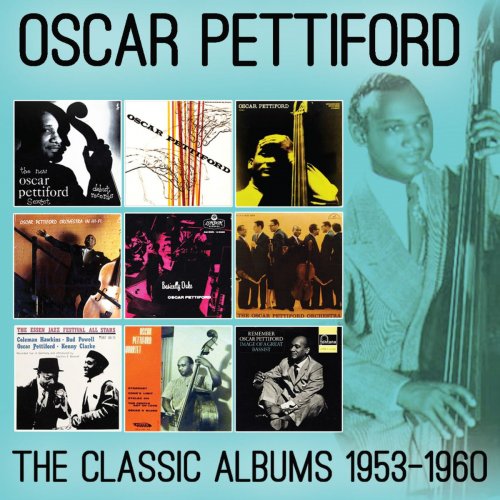
Artist: Oscar Pettiford
Title: The Classic Albums: 1953-1960
Year Of Release: 2014
Label: Tritone
Genre: Jazz
Quality: FLAC (tracks)
Total Time: 4:59:22
Total Size: 1.26 GB
WebSite: Album Preview
Tracklist:Title: The Classic Albums: 1953-1960
Year Of Release: 2014
Label: Tritone
Genre: Jazz
Quality: FLAC (tracks)
Total Time: 4:59:22
Total Size: 1.26 GB
WebSite: Album Preview
01. The Pendulum at Falcon's Lair (1953)
02. Tamalpais Love Song
03. Jack, The Fieldstalker
04. Stockholm Sweetnin'
05. Low and Behold
06. Sextette
07. The Golden Touch
08. Cable Car
09. Trictotism (1954)
10. Edge of Love
11. Rides Again
12. Another One
13. Minor Seventh Heaven
14. Stardust (1956)
15. Bohemia After Dark
16. Oscalypso
17. Scorpio
18. Titoro
19. Don't Squawk
20. Kamman's A' Comin'
21. The Pendulum at Falcon's Lair (1956)
22. The Gentle Art of Love (1956)
23. Not so Sleepy
24. Speculation
25. Smoke Signal
26. Nica's Tempo
27. Deep Passion (Feb 1956)
28. Sunrise-Sunset
29. Perdido
30. Two French Fries
31. Jack the Bear
32. Tamalpais
33. Swingin' 'Til the Girls Come Home
34. Mood Indigo
35. Chuckles
36. Time on My Hands
37. Bo-Bi My Boy
38. O.P Meets L.T
39. Tricrotism (1956)
40. Deep Passion (August 1956)
41. Old Reliable
42. Translation
43. Tom-Kattin
44. A Lady's Vanity
45. Dancing Sunbeam
46. Mister Man
47. The Plain but the Simple Truth
48. Little Tenderfoot
49. Once There Was
50. N R #1
51. N R #2
52. Good Luck
53. Now See How You Are
54. Laura
55. Aw! Come On
56. I Remember Clifford
57. Somewhere
58. Seabreeze
59. Little Niles
60. Cohn`s Limit
61. Stalag 414
62. The Gentle Art of Love (1958)
63. Oscar`s Blues
64. Stardust (1958)
65. Montmartre Blues
66. Laverne Walk
67. Two Little Pearls
68. Straight Ahead
69. Why Not That's What!
70. Back in Paradise
71. My Little Cello
72. Willow Weep for Me
Oscar Pettiford was (along with Charles Mingus) the top bassist of the 1945-1960 period, and the successor to the late Jimmy Blanton. In addition, he was the first major jazz soloist on the cello. A bop pioneer, it would have been very interesting to hear what Pettiford would have done during the avant-garde '60s if he had not died unexpectedly in 1960. After starting on piano, Pettiford switched to bass when he was 14 and played in a family band. He played with Charlie Barnet's band in 1942 as one of two bassists (the other was Chubby Jackson) and then hit the big time in 1943, participating on Coleman Hawkins' famous "The Man I Love" session; he also recorded with Earl Hines and Ben Webster during this period. Pettiford co-led an early bop group with Dizzy Gillespie in 1944, and in 1945 went with Coleman Hawkins to the West Coast, appearing on one song in the film The Crimson Canary with Hawkins and Howard McGhee. Pettiford was part of Duke Ellington's orchestra during much of 1945-1948 (fulfilling his role as the next step beyond Jimmy Blanton), and worked with Woody Herman in 1949. Throughout the 1950s, he mostly worked as a leader (on bass and occasional cello), although he appeared on many records both as a sideman and a leader, including with Thelonious Monk in 1955-1956. After going to Europe in 1958, he settled in Copenhagen where he worked with local musicians, plus Stan Getz, Bud Powell, and Kenny Clarke. Among Pettiford's better-known compositions are "Tricotism," "Laverne Walk," "Bohemia After Dark," and "Swingin' Till the Girls Come Home." ~ Scott Yanow
![Eero Koivistoinen - For Children (1970) [2006] Eero Koivistoinen - For Children (1970) [2006]](https://www.dibpic.com/uploads/posts/2026-02/1771615516_ff.jpg)
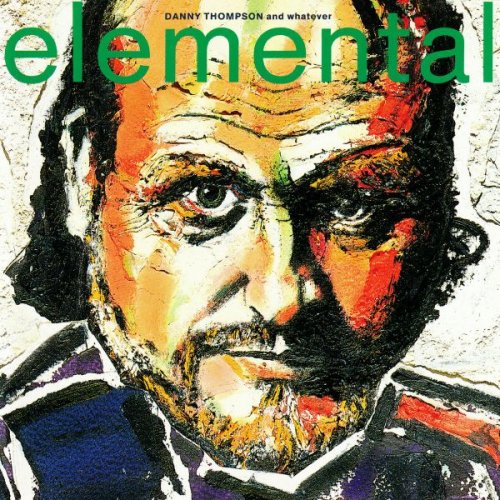
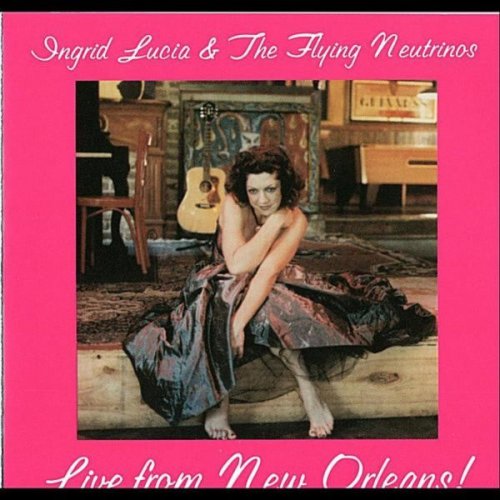
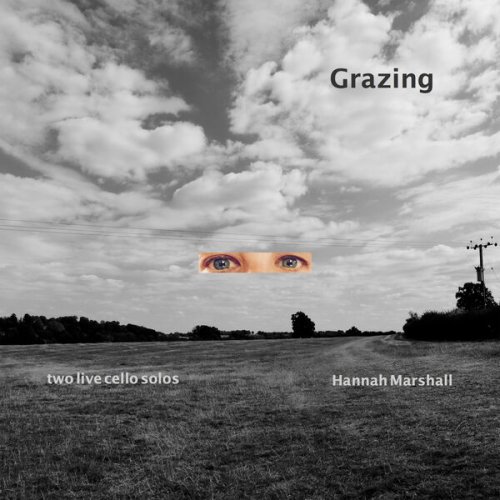
![Bop Juice - Live at Smalls (2026) [Hi-Res] Bop Juice - Live at Smalls (2026) [Hi-Res]](https://www.dibpic.com/uploads/posts/2026-02/1771597003_cover.jpg)
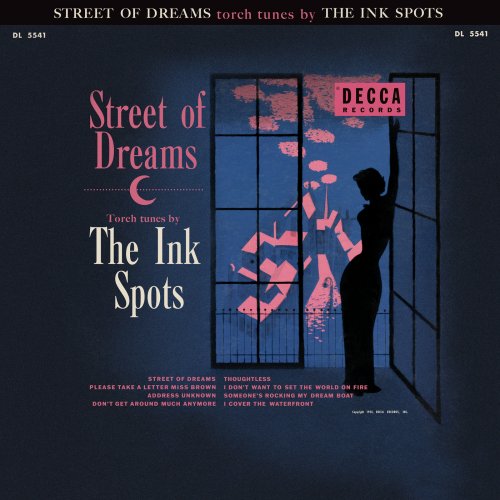
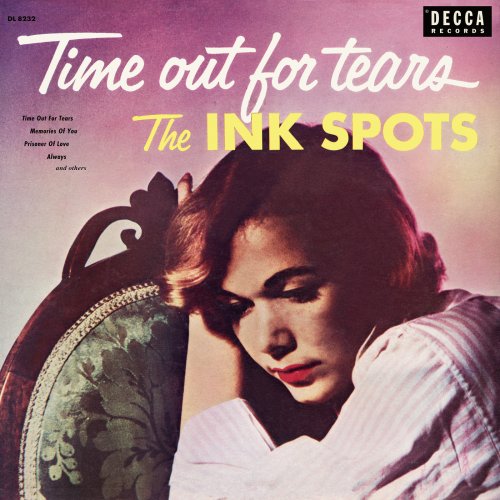
![Larry Coryell - Major Jazz Minor Blues (1998) [CDRip] Larry Coryell - Major Jazz Minor Blues (1998) [CDRip]](https://www.dibpic.com/uploads/posts/2026-02/1771860317_5.jpg)
